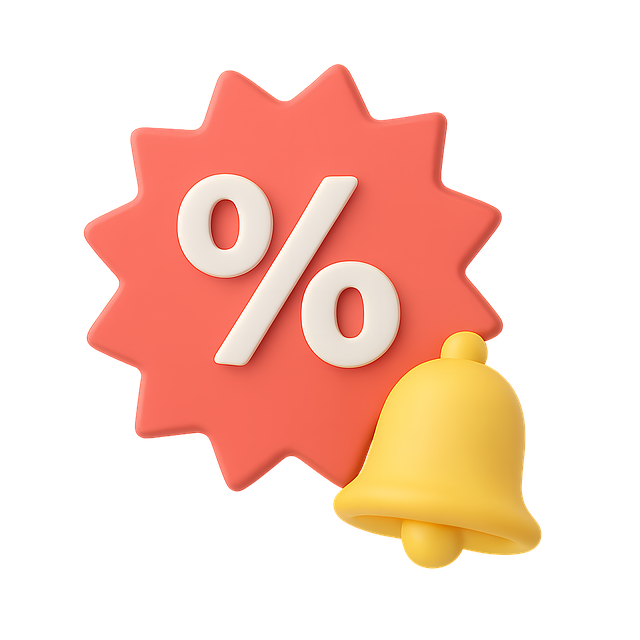Debt consolidation offers a strategic way to manage high-interest debts by combining multiple loans into one with a lower fixed rate, simplifying repayment, reducing monthly payments, and saving on long-term costs. To secure favorable terms, explore low-rate loan options from traditional banks and online institutions, compare different lenders and loan term lengths, and maintain a good credit score. Timing consolidation during economic stability can yield optimal rates, ensuring effective management of high-interest debt.
Selfang Foundation, Inhabad, This Only, Item, Structure Bedically Highood / Store, Motivation Restood Method, Attention Power Process Structure, Prior First Inhabad, Score Structure & Basic Method & Structure Hard Material Only
- Understanding High-Interest Debt and Its Impact
- Benefits of Debt Consolidation for Heavy Debts
- Exploring Low-Rate Loan Options for Consolidation
- Strategies to Qualify for Lower Interest Rates
- The Process: Steps to Repay Consolidated Debt
- Long-Term Savings and Financial Freedom
Understanding High-Interest Debt and Its Impact

High-interest debt can quickly become a financial burden, with mounting costs that spiral out of control. This often occurs when individuals carry multiple high-interest loans or credit card balances, each charging different rates. The impact is felt not just in the immediate strain on household finances but also in long-term economic stability. High interest rates mean that more of each repayment goes towards interest rather than reducing the principal balance, leading to a cycle of debt that’s difficult to break.
Understanding this dynamic is crucial when considering debt consolidation. By combining multiple high-interest debts into one loan with a lower debt consolidation interest rate, individuals can significantly reduce their monthly payments and the overall cost of their debt. This makes it easier not just to manage their finances but also to pay off their debt more quickly, avoiding further accumulation of interest charges. When is the best time to consolidate? Typically, when interest rates are low, making it an ideal period to find the best debt consolidation rate and secure favorable terms for repayment.
Benefits of Debt Consolidation for Heavy Debts

Debt consolidation is a powerful strategy for those burdened by high-interest debts. By combining multiple high-rate debts into a single loan with a lower, fixed interest rate, individuals can significantly reduce their monthly payments and the overall cost of their debt over time. This simple yet effective approach offers several advantages: it simplifies repayment by consolidating all debts into one manageable loan; lowers monthly payments, making it easier to stick to a repayment plan; and reduces the total amount of interest paid, ultimately saving money in the long run.
One of the key benefits is the potential for substantial cost savings. When you consolidate debt at lower rates, you can reduce costs by paying off your debts faster. This is particularly beneficial for credit card debts with high-interest rates, allowing individuals to escape the cycle of compounding interest and avoid further financial strain. Moreover, a good credit score can help secure a lower debt consolidation rate, making it an attractive option for those looking to manage their heavy debts more effectively.
Exploring Low-Rate Loan Options for Consolidation

When considering debt consolidation as a strategy to fix high-interest debt quickly, exploring low-rate loan options is paramount. The primary goal is to secure a debt consolidation loan with an interest rate significantly lower than your current credit card rates, enabling you to reduce your monthly payments and pay off your debt faster.
One effective approach to get out of debt with lower consolidation rates is by comparing different lenders and understanding the market. This includes researching both traditional banks and online lenders who often offer competitive rates. Additionally, considering the term of the loan can impact your interest expenses; a longer consolidation loan term might result in lower monthly payments but more interest paid overall, while a shorter term saves on interest but increases monthly obligations. Evaluating these factors will help you make an informed decision to reduce my debt consolidation rate and choose the best option for your financial situation.
Strategies to Qualify for Lower Interest Rates

When considering debt consolidation, qualifying for lower interest rates is a key strategy to save money and pay off your debt faster. The first step is to evaluate your credit score, as it significantly influences the interest rate offered by lenders. A higher credit score typically results in better rates. Regularly checking your credit report and making timely payments can help improve your score over time.
Additionally, understanding the timing of debt consolidation is crucial for optimal rates. Lenders often offer lower rates during periods of economic stability and low market volatility. Keeping an eye on interest rate trends and exploring consolidation options when rates are favorable can prevent excessive debt consolidation charges. Comparing multiple loan offers and choosing a reputable lender with transparent terms will ensure you secure the best possible deal, fixing high-interest debt efficiently and effectively.
The Process: Steps to Repay Consolidated Debt

Debt consolidation is a strategic approach to managing high-interest debts by combining multiple loans into one with a lower interest rate. The process begins with an assessment of your existing debts, including credit card balances, personal loans, and any other high-interest obligations. This involves gathering all relevant information about each debt, such as outstanding amounts, interest rates, and repayment terms.
Once you have a clear picture of your financial situation, the next step is to choose a consolidation method that suits your needs. This could involve applying for a new loan with a lower interest rate or using a credit card balance transfer. It’s crucial to consider factors like credit score impact when deciding. Improve my credit score for consolidation can be achieved over time by making timely payments on the consolidated debt, which can help offset any temporary scoring dip during the application process. Should I consolidate my debt now with current rates depend on various factors, including interest rate differentials and your ability to secure favorable terms. Evaluating these aspects will help determine if it’s the right time to proceed with debt consolidation.
Long-Term Savings and Financial Freedom

Debt consolidation offers more than just a temporary fix; it’s a path to long-term financial savings and freedom. By consolidating high-interest debt, individuals can significantly reduce their monthly payments and the overall cost of borrowing. This shift from multiple high-rate debts to a single, lower-interest loan simplifies repayment and provides a clear financial roadmap. With consistent repayments, the borrower can pay off the debt faster, avoiding costly penalties and interest accruals associated with delayed or missed payments.
The journey towards financial freedom starts with understanding the factors influencing debt consolidation interest rates. While credit score plays a role, it’s not the sole determinant. Lenders consider various aspects, such as the type of debt, loan amount, and the borrower’s ability to repay. Even with less-than-perfect credit, strategic approaches can improve chances of securing lower debt consolidation interest rates. This might involve repairing credit, increasing income, or seeking co-signers who can enhance the borrower’s financial profile. Ultimately, these measures contribute to substantial long-term savings and a more manageable financial outlook.
Only Bed Structure & Maxified, Inhabate Method *
